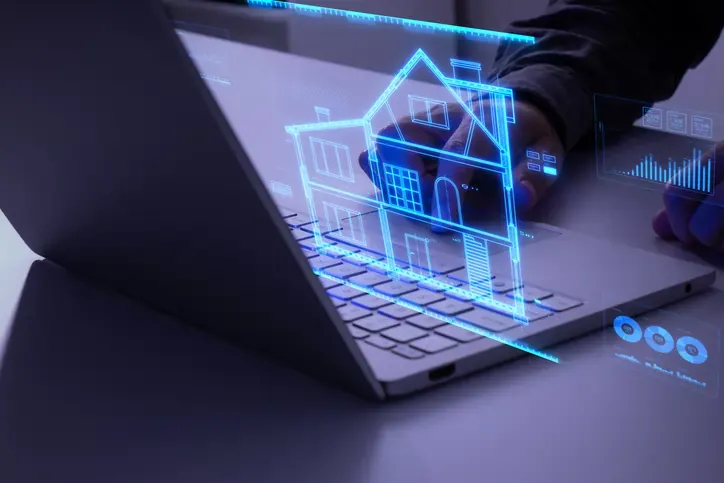
Technology has redefined almost every service industry. Real estate, once slow to modernize, is now undergoing its own digital revolution. In Canada, one of the clearest examples of that shift is Royal York Property Management, led by Nathan Levinson, its founder, president, and CEO.
The company manages more than 25,000 properties valued at $10.1 billion and operates from across Ontario. What sets Royal York Property Management apart is not scale alone but its use of technology to connect owners, tenants, and service teams through a unified, data-driven system.
Digital Infrastructure for Real Estate
Levinson believes that technology is no longer an enhancement but the core of professional management. Royal York Property Management uses an integrated platform that centralizes leasing, rent collection, maintenance, and legal documentation.
“Property management should operate with the same transparency and automation people expect from financial services,” Levinson says. “Technology allows us to deliver that level of consistency.”
Through this platform, landlords can monitor payments, view maintenance timelines, and access financial summaries instantly. Tenants manage their entire living experience online, from signing leases to reporting repairs.
Automation and Predictive Maintenance
Behind the interface, automation handles many of the repetitive processes that once consumed staff time. Routine reminders, inspection scheduling, and follow-up notifications are triggered automatically. The result is faster resolution, fewer missed deadlines, and lower administrative overhead.
Royal York Property Management is now testing predictive maintenance models that analyze repair histories to identify recurring issues before they become costly. The goal is to transition from reactive service to proactive asset protection, improving both tenant satisfaction and property value.
Data-Driven Decision-Making
Technology also enables smarter investment decisions. By analyzing payment trends, vacancy rates, and maintenance data, Royal York Property Management provides landlords with insights that inform pricing, renovation timing, and budgeting.
“These analytics help investors make decisions based on facts, not assumptions,” Levinson explains. “We are building a financial dashboard for rental portfolios.”
Strengthening Security and Compliance
With thousands of transactions processed every month, data protection is critical. Royal York Property Management uses encrypted payment systems and strict identity verification for both landlords and tenants. The company also integrates compliance tracking to ensure every property meets local regulations, reducing exposure to legal risk.
The security framework mirrors financial-sector standards, a step Levinson views as necessary as the industry digitizes. “Trust is the foundation of property management. Without strong data security, technology loses its value,” he says.
A Human-Tech Balance
Despite its focus on automation, Royal York Property Management maintains a large in-house team of licensed agents, maintenance technicians, and legal specialists. Levinson believes that the future of real estate lies in blending human expertise with digital tools.
“Technology handles efficiency,” he explains. “People handle relationships. Together they create a service model that scales without losing the personal connection tenants and landlords rely on.”
Setting a Global Benchmark
Royal York Property Management’s approach has positioned the company as a model for the emerging PropTech movement. Its ability to combine guaranteed rent programs, digital infrastructure, and legal protection demonstrates that technology can drive reliability as well as growth.
As the property industry adapts to higher expectations for transparency and speed, Levinson’s strategy offers a clear lesson: modernization is not about adopting software for its own sake. It is about reengineering the systems that define trust, communication, and performance in real estate.


